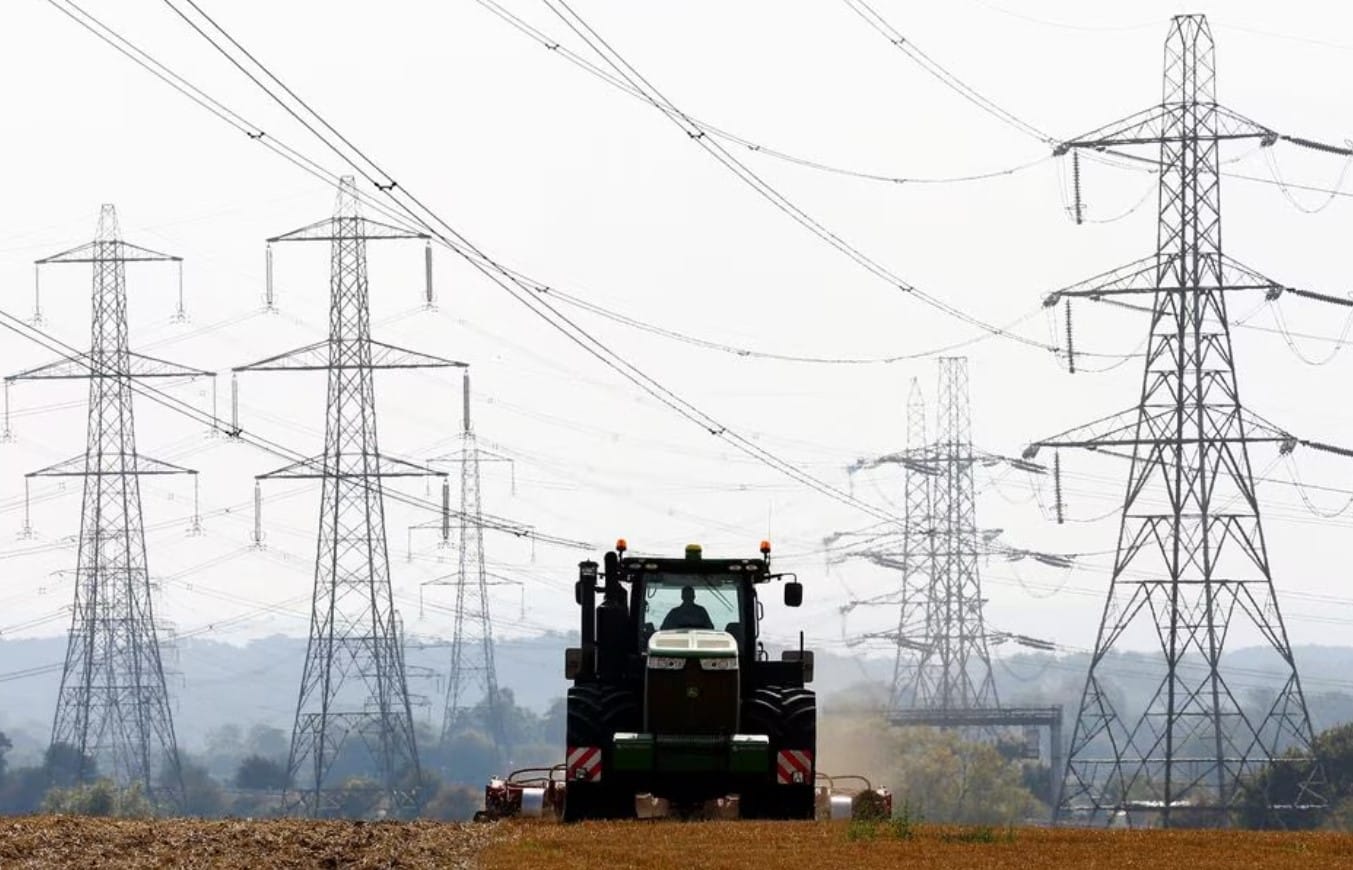“For the first time, citizens and businesses in Cyprus can choose their electricity supplier,” government spokesman Konstantinos Letymbiotis said on Thursday, as the country opened its long-awaited competitive energy market.
Speaking at the presidential palace, he described the change as “a new page in the energy course of our country”, with nine producers now competing in an open system.
“As of Wednesday, consumers can select freely from a competitive environment,” he said.
The market follows the EU’s target model, which Letymbiotis explained is “a mechanism similar to an energy exchange that introduces transparency, reliability and rules identical to those in most EU countries”. Prices will be set through forward, day-ahead and real-time balancing, aimed at keeping costs fair.
He acknowledged the reform should have been introduced in 2021.
“For years, our country remained in a regime of delays, in a transitional period, with distortions that harmed consumers and the country’s energy strategy,” he said.
“Through persistent preparation, we have now made reality what for years remained on paper.”
Consumers, he added, stand to benefit directly.
“They can compare prices, choose the supplier that suits them, and even access green energy products. From January 2026, switching suppliers will take just 24 hours, at no cost and with full transparency.”
Businesses are also expected to see gains.
“The ability to negotiate with more suppliers allows better prices and tailored solutions, reducing operating costs,” Letymbiotis said.
He added that participation in energy-saving and renewable programmes would strengthen competitiveness. He stressed that while lower prices would not appear immediately, competition would drive change.
“We have seen this before, through the opening of the telecoms market,” he said.
“Cyta not only survived but became more efficient and competitive. The same will happen with the Electricity Authority of Cyprus (EAC).”
But opposition party Akel struck a different tone.
“The launch comes after long delays and extensions, which allowed some private renewable producers to record excess profits,” the party said.
“The critical question is whether this market, as designed, will bring about real reductions in electricity costs for households and businesses. So far, the government has not given a clear answer,” Akel added.
Citing the European Union’s own concerns, it warned that the current model risks keeping societies locked into high prices.
The party argued that relief would only come with “the arrival of natural gas for power generation, the integration of more renewables into the EAC’s mix, storage, energy saving and tax reductions”. It accused the government of failing to deliver on these fronts.
Letymbiotis countered that the reform was part of a wider strategy.
“Combined with more renewables, storage, network upgrades and natural gas, this policy will reduce costs, strengthen sustainability and ensure energy security for Cyprus,” he said.






Click here to change your cookie preferences